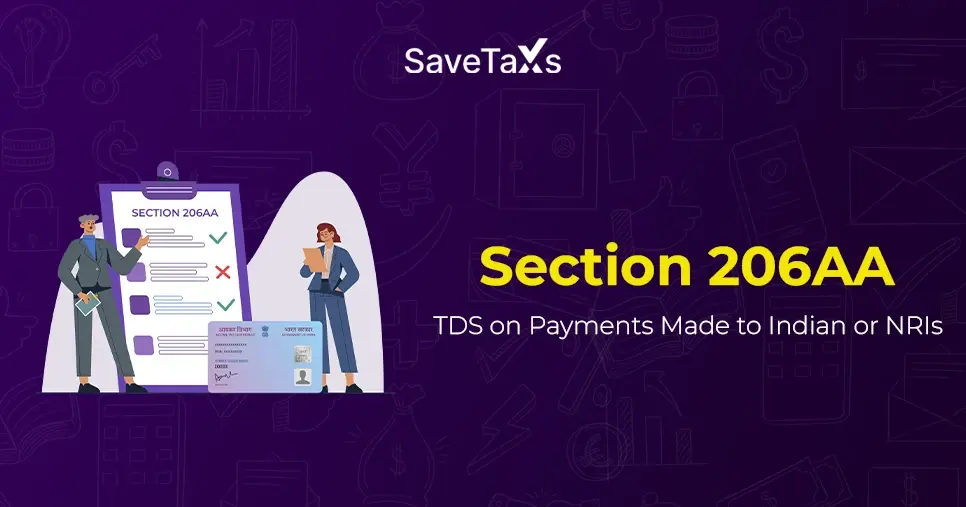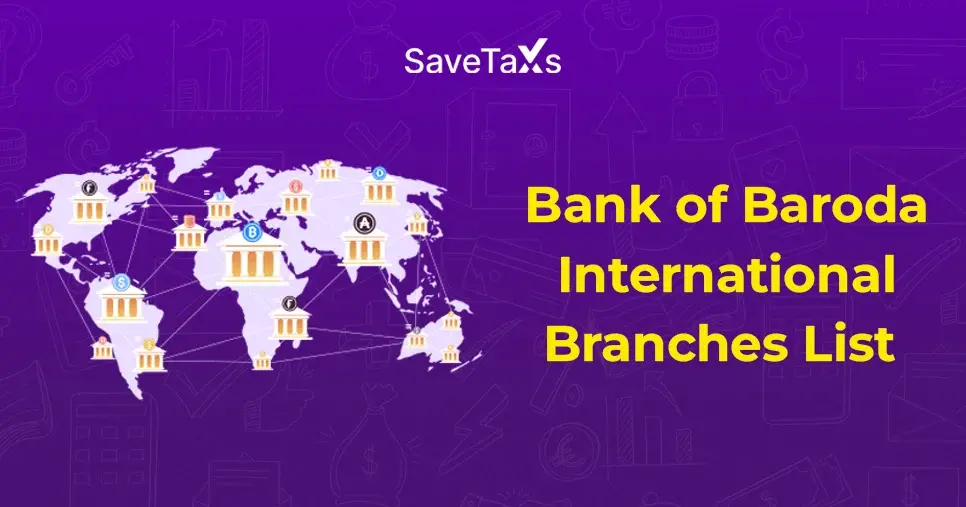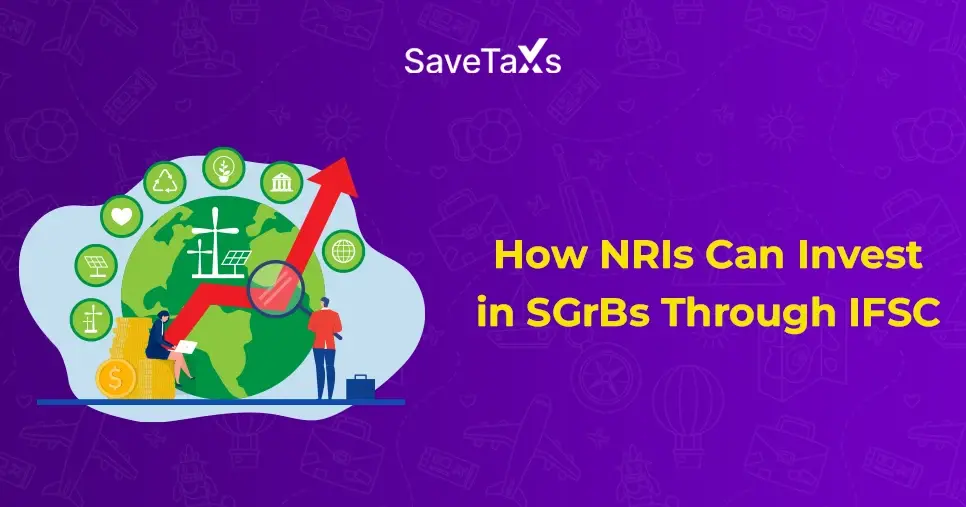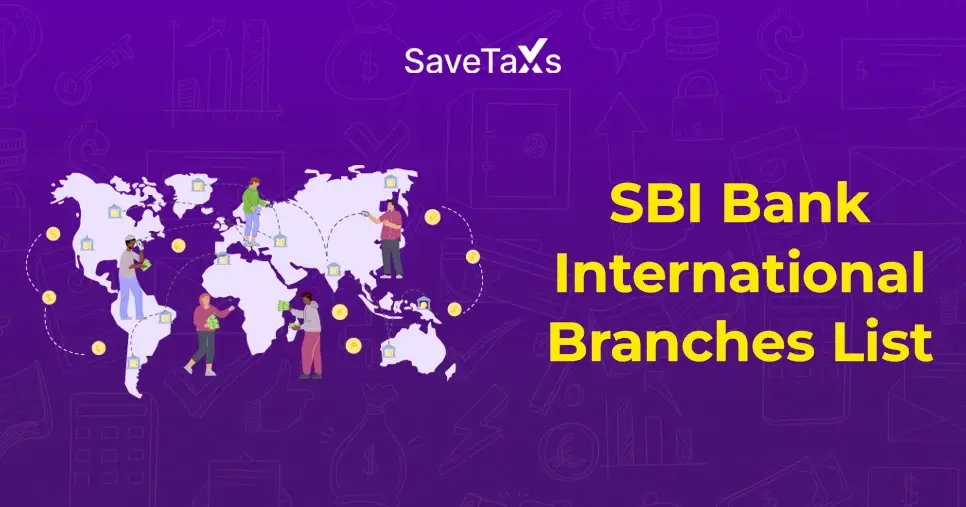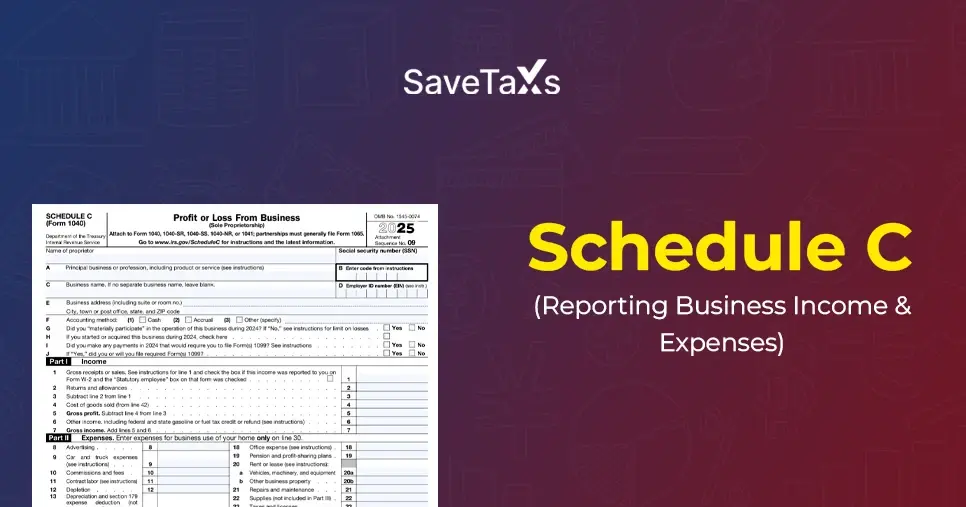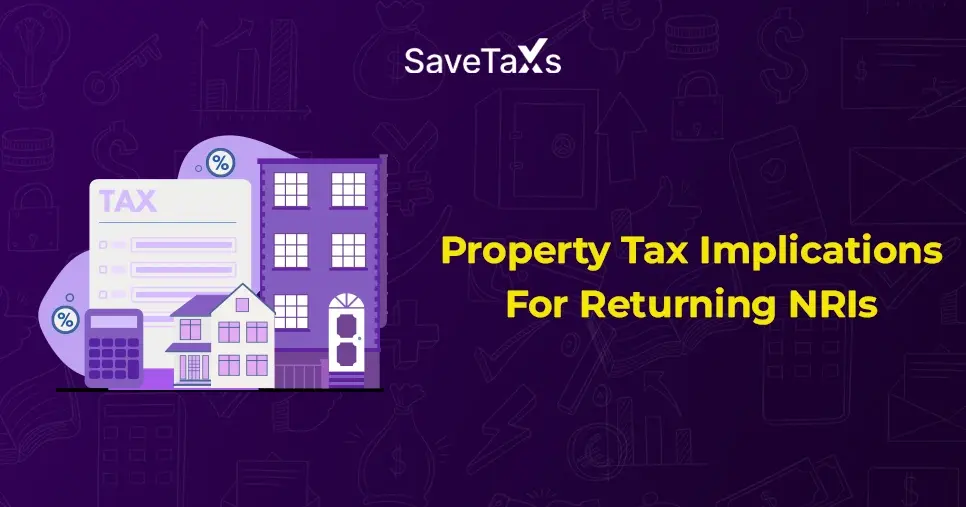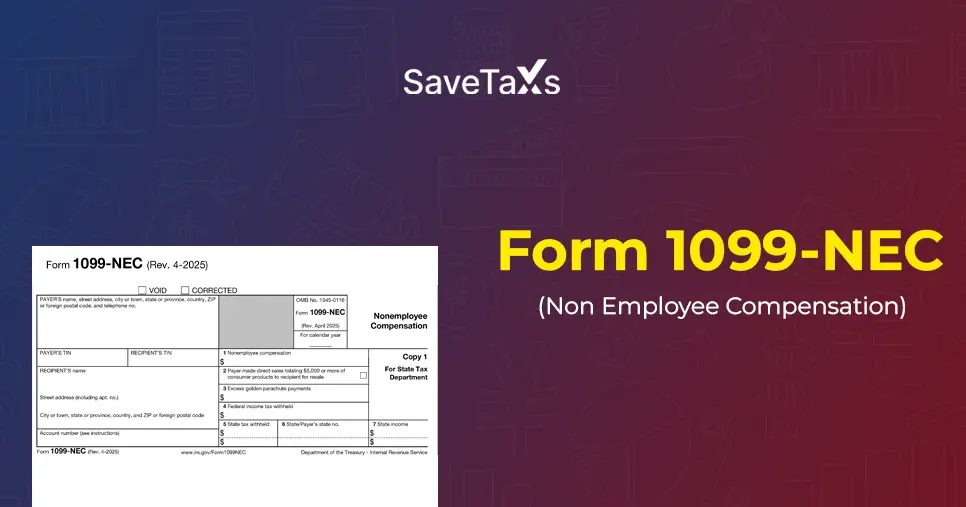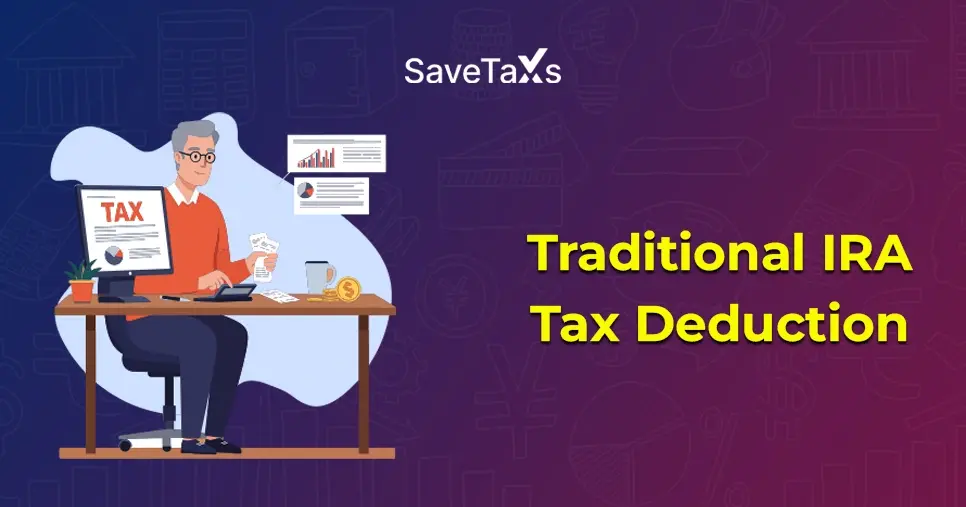- What is Form 61A?
- What are Specified Financial Transactions?
- Parts of Form 61A
- Who Must File Form 61A?
- What is the Due Date to File Form 61A?
- What Transactions Should Be Reported in Form 61A?
- How to Register for Statement of Financial Transactions Filing Online
- How to File Statement of Financial Transactions (SFT)
- Penalty for Filing a Defective Form 61A
- Let the Experts File Form 61A – Zero Stress and No Hassle
Form 61A is a legal document filed by specified entities to report certain transactions under Section 285BA of the Income Tax Act. This form is one of the measures implemented by the Income Tax Department of India to ensure that individuals do not evade taxes by helping the department monitor SFTs, which are Specified Financial Transactions or high-value transactions.
Statements of Financial Transactions were previously called Annual Information Returns (AIR). In this blog, we will delve into Form 61A, covering its transactions, filing requirements, and more.
- Form 61A is a legal document filed to report specified financial transactions under Section 285BA of the Income Tax Act.
- The form helps the IT department monitor and identify high-value transactions to prevent tax evasion.
- SFTs include transactions such as the purchase, sale, or exchange of goods and property, the provision of services, and work contracts.
- Entities required to file Form 61A include individuals obligated under Section 44AB, banks, Nidhi companies, mutual fund transfers, and authorized entities under FEMA.
- The deadline to file Form 51A is May 31 of the following assessment year. Late filing may attract penalties, starting from Rs. 500 per day, which escalates to Rs. 1000 per day if no response is given after a notice.
What is Form 61A?
It is a legal document in which the details related to the Specified Financial Transactions (SFTs) are to be filled under Section 285BA of the Income Tax Act. This form helps the Income Tax Department identify and monitor high-value transactions and compare them with the rest of the income reported by the individual in their income tax return.
When high-value transactions and reported income do not reconcile, the department may issue a notice to the taxpayer.
In a nutshell, Form 61A acts as a medium between reporting entities and the Income Tax Department. It ensures transparency and helps the department identify any discrepancies between high-value transactions and an individual or entity's reported income.
What are Specified Financial Transactions?
The SFTs or Specified Financial Transactions mentioned above are of the following kinds:
- Purchase, sale, or exchange of goods, property, rights, or interest in any property
- Providing services
- Work contracts
- Any expenditure incurred or investment made
- Taking or accepting any loan or deposit
However, note that the CBDT (Central Board of Direct Taxes) can recommend different threshold values for various transactions and persons, depending on the nature of the transaction made.
Parts of Form 61A
Form 61A has four parts:
Part A: This part contains the statement-level information that is common to all types of transcriptions.
Part B: For reporting aggregated financial transactions.
Part C: For reporting bank accounts.
Part D: For reporting immovable property transactions.
Who Must File Form 61A?
The entities and individuals mentioned below are required to file Form 61A under the Income Tax Act:
- Person obligated for audits under section 44AB of the Income Tax Act.
- Banking companies
- Co-operative banks
- The Post Master General of the Post Office
- Nidhi companies referred to under Section 406 of the Companies Act, 2013
- NBFCs (Non-Banking Financial Companies)
- Companies or institutions issuing debentures or bonds
- Companies issuing shares
- Listed companies purchasing their securities under Section 68 of the Companies Act, 2013
- Trustees or managers of mutual funds
- Any authorized person under FEMA (money changer, dealer, offshore banking unit, or any other person defined in FEMA, 1999).
- Inspector-General, Sub-Registrar, or Registrar appointed under the Registration Act, 1908
- Banks or financial institutions issuing credit cards
What is the Due Date to File Form 61A?
The due date to furnish the statement of financial transactions is on or before 31st May of the following year for the financial year in which the transaction occurred.
- If the concerned entity fails to file on or before the due date, a penalty of ₹500 per day shall be imposed under Section 271FA. Following this, the designated authority may issue a Income Tax notice requesting the person to submit the form within 30 days.
- If the assessee still fails to comply, a penalty of ₹1,000 per day will be imposed after the expiry of the 30 days mentioned in the notice.
What Transactions Should Be Reported in Form 61A?
Any transaction incurred by a specified person of the nature or value mentioned in the table below is called an SFT. These transactions must be reported when filing Form 61A.
| Person Responsible for Filing Form 61A | Type of Transaction and Limit |
|---|---|
| Co-operative banks and banking companies | Payments in cash for the purchase of pay orders and demand drafts totaling ₹10 lakh or more annually |
| Co-operative banks and banking companies | Payments in cash exceeding ₹10 lakh for the purchase of any RBI instrument, such as bonds, etc. |
| Co-operative banks and banking companies | Deposits or withdrawals of ₹50 lakh or more from any number of current accounts of a person |
| Post offices, co-operative banks, and banking companies | Deposits of more than ₹10 lakh in accounts other than current or time deposits |
| Co-operative banks, banking companies, Post Master General, and Nidhi companies | Payments in cash of ₹1 lakh or more annually, or ₹10 lakh or more through other payment modes, against a credit card bill issued to an individual in a year |
| Institutions or companies issuing bonds or debentures | Receipts exceeding ₹10 lakh annually from a person for acquiring bonds or debentures |
| Companies issuing shares | Receipts exceeding ₹10 lakh annually from an individual for acquiring shares, including share application money received |
| Listed companies | Share buyback from an individual for ₹10 lakh or more |
| Trustees or managers of mutual funds | Receipts equaling or exceeding ₹10 lakh annually from an individual for acquiring mutual fund units |
| Foreign exchange dealers | Receipts from an individual for the sale of foreign currency or related expenses amounting to ₹10 lakh or more annually |
| Inspector-General or Sub-Registrar under the Registration Act, 1908 |
Sale or purchase of immovable property valued at ₹30 lakh or more (as per sale or stamp valuation) |
| Individuals liable for audit under Section 44AB | Cash receipts exceeding ₹2 lakh from any person for the sale of goods or services not covered above |
How to Register for Statement of Financial Transactions Filing Online
The reporting person or entity must register with the Income Tax Department and obtain an Income Tax Department Reporting Entity Identification Number (ITDREIN). Once generated, this number cannot be deactivated.
To register for SFT online, follow these steps:
Step 1: Log in to the e-filing website using the login ID associated with the ITR filing of the reporting entity or person.
Step 2: Click on the My Account tab and select the Reporting Portal link to access the reporting portal for first-time registration.
Step 3: Enter details such as form type, category, address of the reporting entity or person, and details of the principal officer.
Step 4: Once the submission is successful, the ITDREIN will be generated. The principal officer will receive confirmation via email and SMS.
Note: Registering for SFT filing only creates your reporting account. You must still accumulate and upload SFT data (transactions exceeding thresholds) using the reporting portal within the designated filing period.
How to File Statement of Financial Transactions (SFT)
- Download the prescribed schedules, validation utility, report generation utility, and generic submission utility from the reporting portal under the Resources tab.
- Prepare the transaction-specific and general SFT reports in the prescribed format according to the preparation guidelines.
- Upload the prepared and digitally signed SFTs to the reporting portal using the PAN and password of the designated director.
- Once the filing is completed, an Acknowledgement Number will be sent to the registered email ID.
Penalty for Filing a Defective Form 61A
If a concerned entity files a defective Form 61A, the Income Tax Department will inform them about the defect and provide 30 days to rectify and resubmit the information.
Under Section 285BA(1), if a person files inaccurate details in the form, a penalty of ₹50,000 will be imposed under Section 271FAA of the Income Tax Act.
For default due to providing inaccurate information, a penalty of ₹500 per day will be imposed from the original due date mentioned in the notice. If the entity still fails to comply, the penalty will increase to ₹1,000 per day after the expiry of the notice period.
Let the Experts File Form 61A – Zero Stress and No Hassle
Undisclosed income, tax evasion, and corruption are eroding the backbone of the Indian economy. To address these issues, the Income Tax Department of India has made it mandatory for taxpayers to comply with the rule requiring them to provide data on SFTs through Form 61A.
Just as it is essential to file the ITR, it is also important to consider all aspects of income and relevant sections of the income tax laws to ensure compliance as an NRI. We understand that all of this might feel overwhelming, and hence, you need an NRI-specific taxation firm to escape.
SaveTaxs, a leading NRI-specific taxation firm, has been helping NRIs for decades with taxation and consultancy services. Our thousands of satisfied and loyal NRIs worldwide are proof of our strong presence and expertise.
We provide tailored tax plans for every client because we understand that each case is unique. Savetaxs experts treat your tax concerns as their own and give the best possible advice to minimize your tax liabilities.
Connect with us today — we’re available 24×7 across all time zones.
Note: This guide is for information purposes only. The views expressed in this guide are personal and do not constitute the views of Savetaxs. Savetaxs or the author will not be responsible for any direct or indirect loss incurred by the reader for taking any decision based on the information or the contents. It is advisable to consult either a CA, CS, CPA or a professional tax expert from the Savetaxs team, as they are familiar with the current regulations and help you make accurate decisions and maintain accuracy throughout the whole process.

Mr Shaw brings 8 years of experience in auditing and taxation. He has a deep understanding of disciplinary regulations and delivers comprehensive auditing services to businesses and individuals. From financial auditing to tax planning, risk assessment, and financial reporting. Mr Shaw's expertise is impeccable.
- FEMA Regulations That Every NRI Must Know In 2026
- Section 144B Of Income Tax Act: Faceless Assessment Scheme
- What is Double Taxation Avoidance Agreement (DTAA)? How NRIs can Claim Benefits Under DTAA
- All You Need to Know About IEC (Import Export Code)
- Section 80E of IT Act - Deduction for Education Loan Interest
- TDS Deduction on Rental Property Owned by NRI
- What is a Tax Residency Certificate (TRC) and How to Get It?
- Your Complete Guide on TCS on Foreign Remittance
- Section 89A - Tax Relief on Income from Foreign Retirement Funds
- How to Claim TDS Refund for an NRI?
- TDS on Sale of Property by NRIs in India
- Section 195 of Income Tax Act - TDS Applicability for NRI
- Everything You Need to Know About Form 15CA and 15CB of Income Tax
- Sections 90, 90A & 91 of the Income Tax Act for NRIs
- NRI Selling Property in India
Want to read more? Explore Blogs
Frequently Asked Questions
No matter what your source of income is, we've got you covered. There’s a plan for everybody!
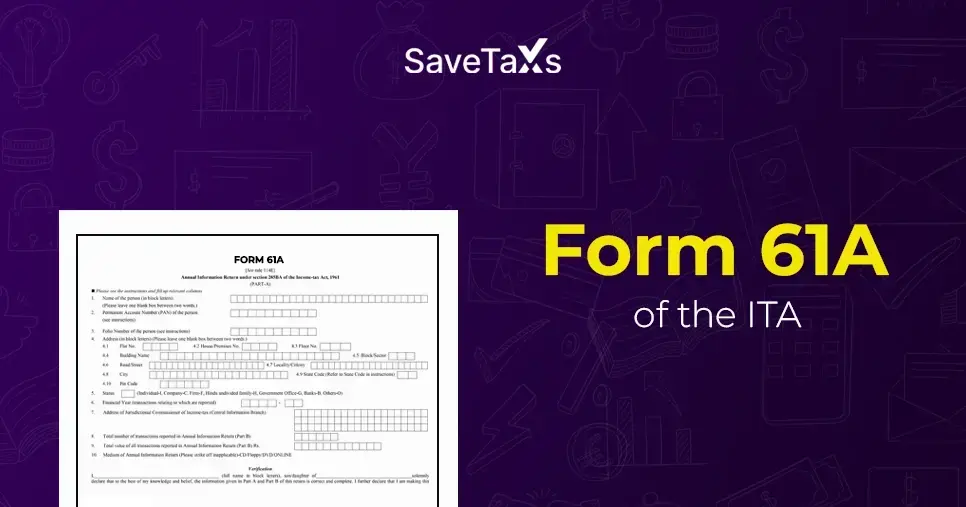
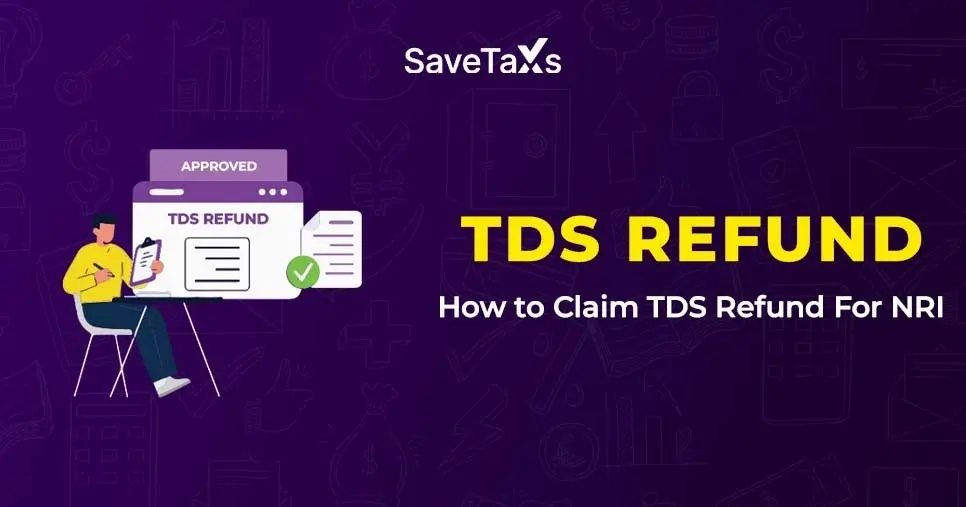
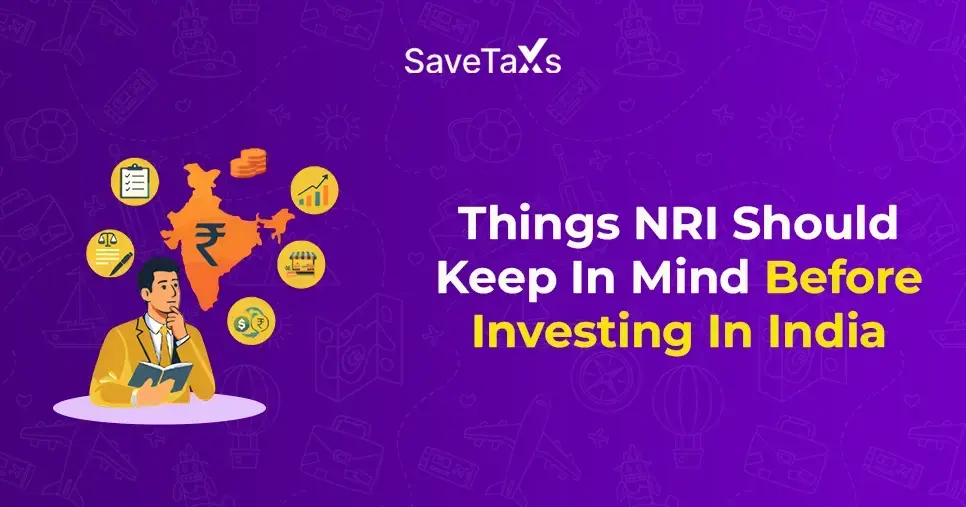
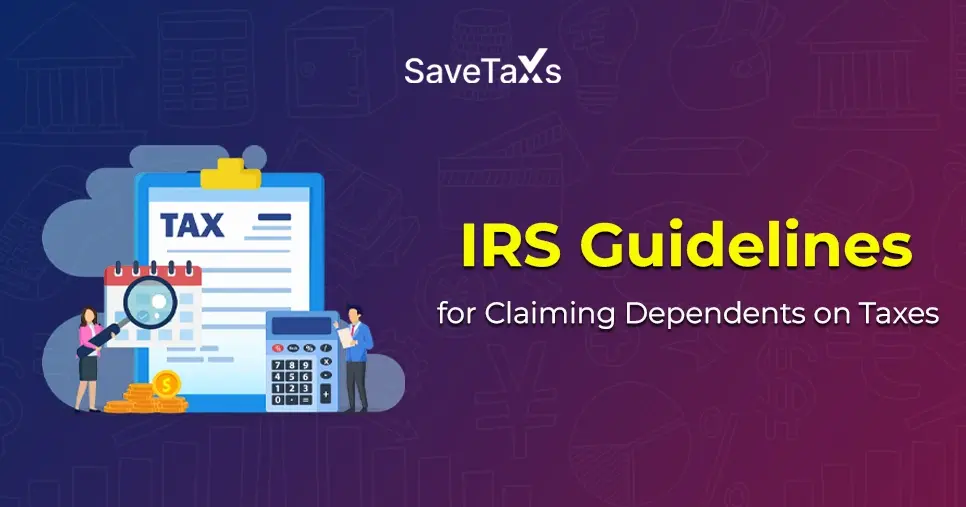
_1768211318.webp)
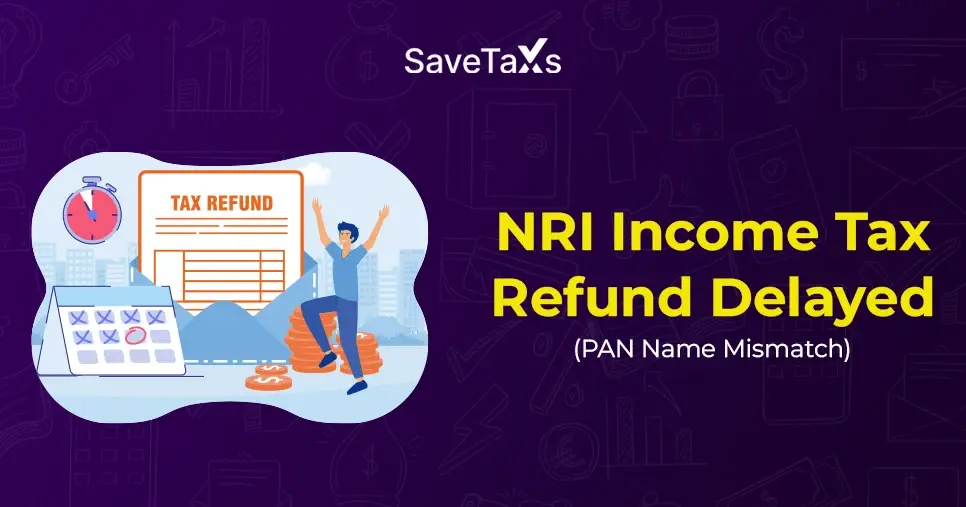
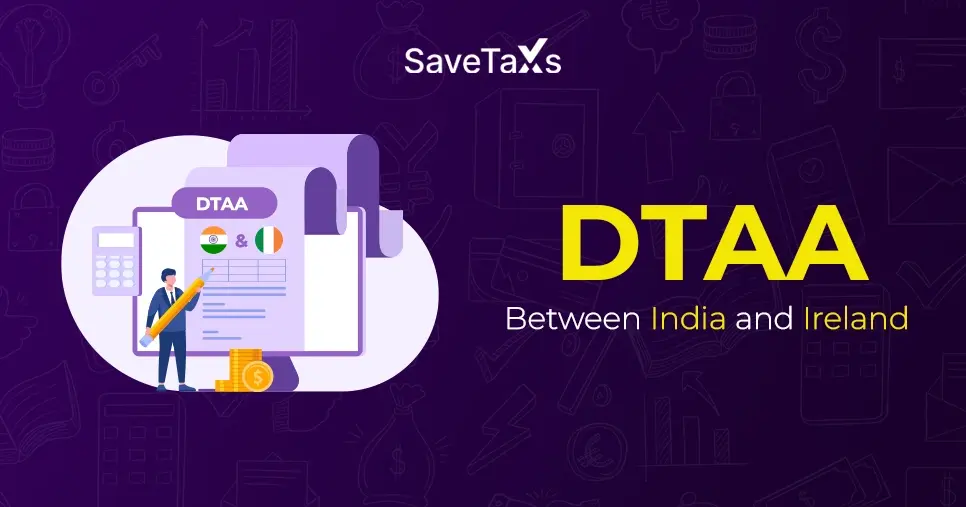
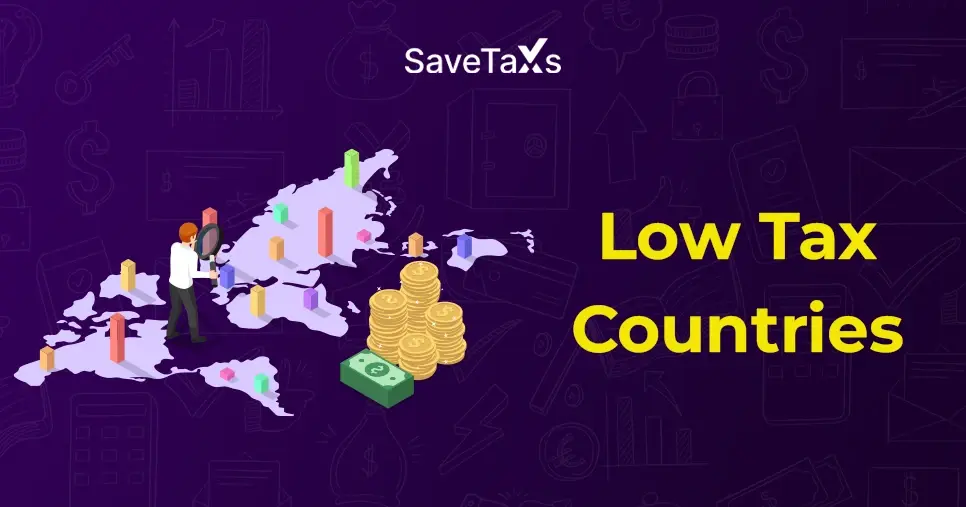
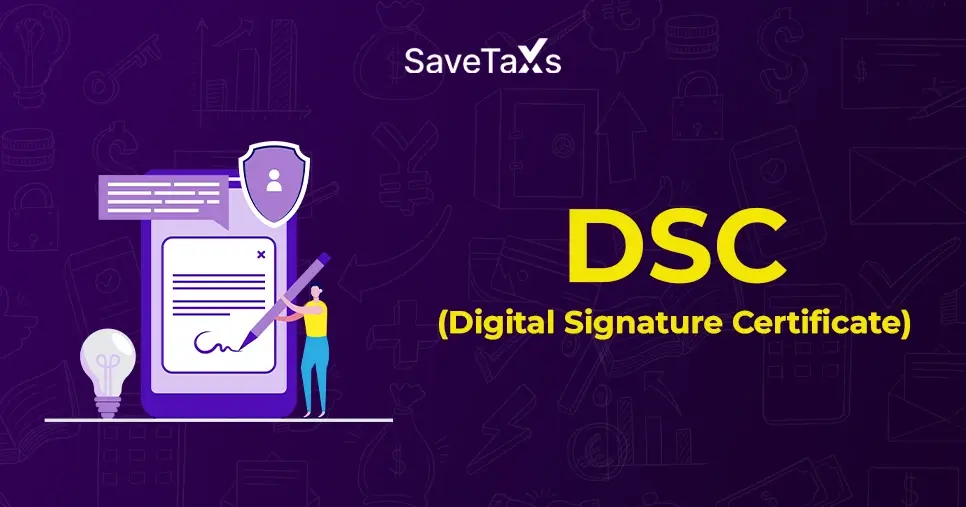
_1766742512.webp)
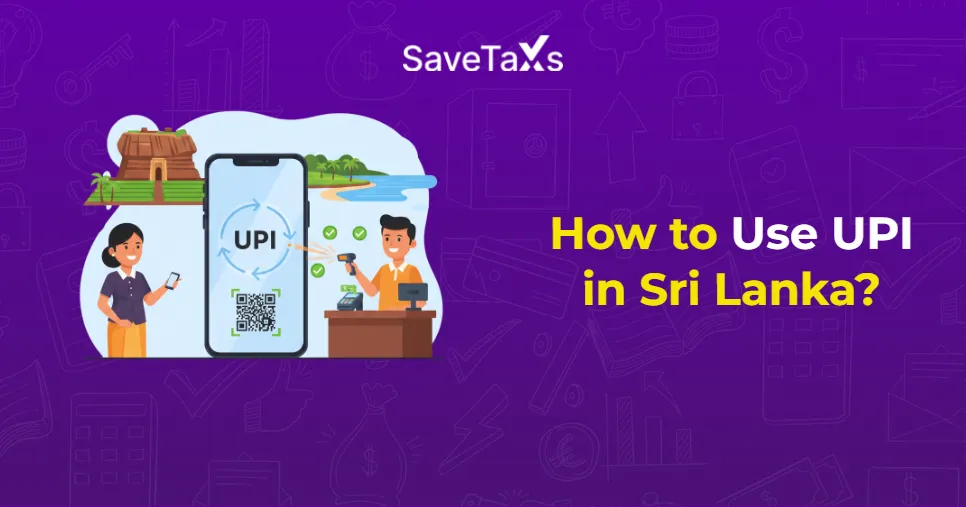
_1766730933.webp)
